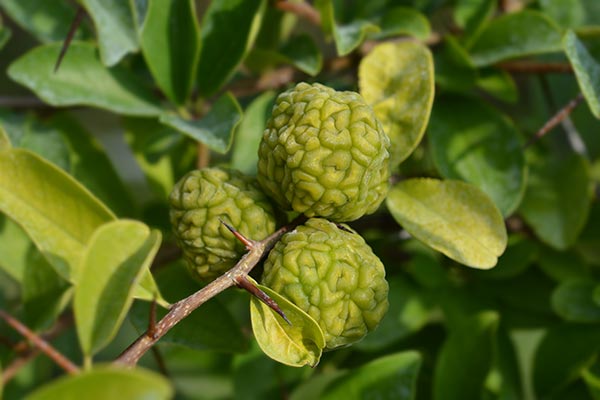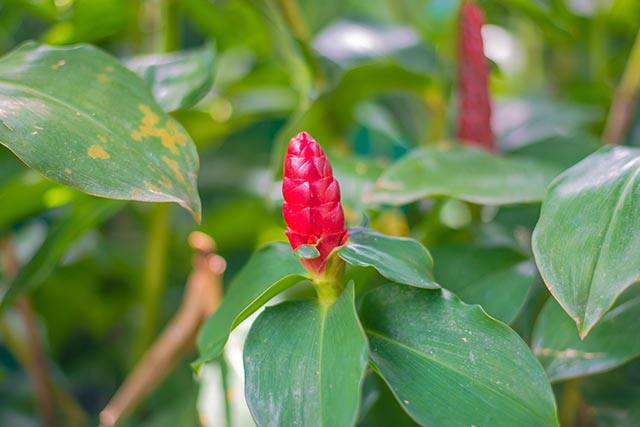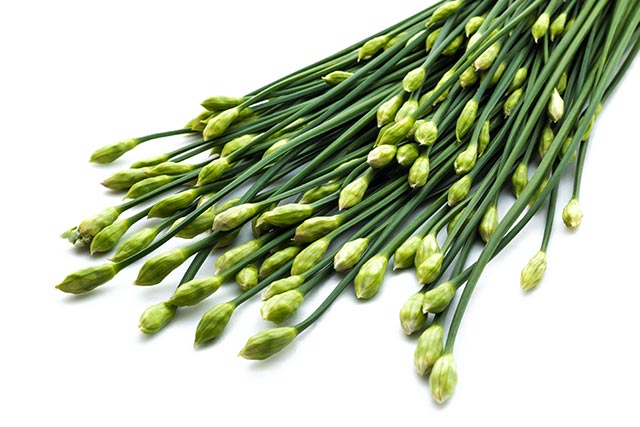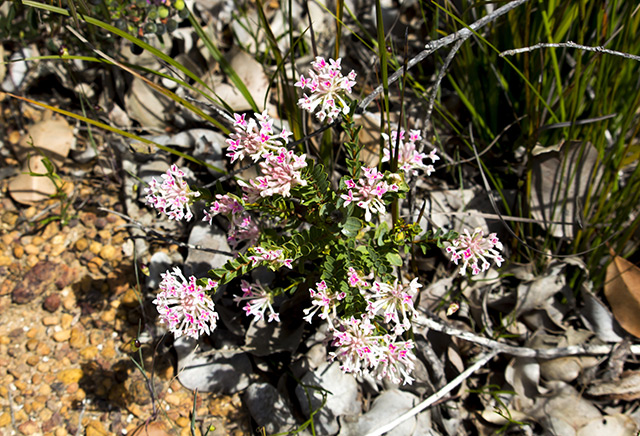The herbal extract of the spiny holdback tree is toxic to cancer stem cells, improves efficacy of conventional treatments
09/02/2019 / By Janine Acero
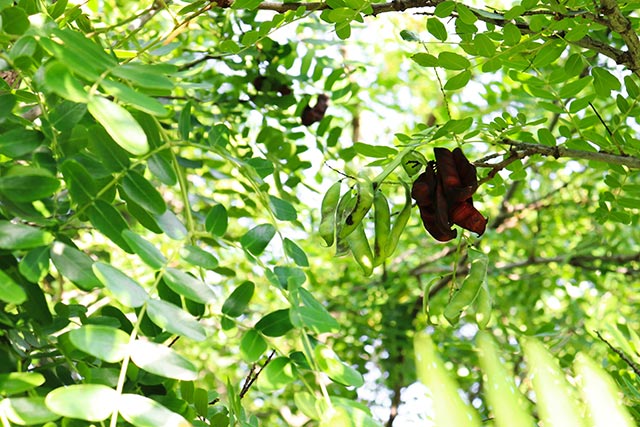
Some of the most effective cancer-fighting compounds are found in plants. Researchers from Colombia investigated the antitumor activities of extracts obtained from Caesalpinia spinosa, commonly known as spiny holdback tree, to see if they can be used as an adjuvant to conventional chemotherapy medications. Their findings were published in The American Journal of Chinese Medicine.
Cancer stem cells (CSC) are the primary cell type responsible for metastasis and relapse. ABC-transporters are integral membrane proteins involved in the translocation of substrates across membranes; they are believed to protect CSC from chemotherapeutic agents, such as doxorubicin.
C. spinosa extracts (P2Et) have been shown to reduce lung and spleen metastasis in mice transplanted with breast cancer cells. This suggests that P2Et has significant antitumor activity against CSCs.
The researchers thoroughly characterized P2Et using HPLC/MS. They evaluated the cytotoxicity of P2Et using a MTT assay in human and murine cell lines with different profiles of resistance, by measuring Pgp overexpression or by assessing enrichment in cancer stem cells.
In addition, they evaluated the synergistic effect of P2Et with doxorubicin in vitro using several cell lines and in vivo using mice transplanted with TS/A cells – a highly resistant cell line – and enriched in CD44+CD24low/?CSC.
The researchers found 13 gallotannins in the chromatographic fingerprint of P2Et. They also found that P2Et was cytotoxic to cells regardless of their resistant phenotype.
Furthermore, P2Et had a synergistic effect with doxorubicin in resistant cell lines. P2Et also exhibited complementary activities, such as drug efflux reversion and antioxidant activity.
In vivo, P2Et increased mice survival in a TS/A breast cancer model associated with augmentation of calreticulin protein expression.
Based on these results, the researchers concluded that P2Et can be used as an adjuvant to conventional chemotherapy to treat tumors with a multi-drug resistant (MDR) phenotype or with high frequency of CSC.
Cancer-fighting plants
Plants contain antioxidants and anti-inflammatory compounds that can be used to prevent the development of cancer and other diseases. Despite the ever-growing body of evidence supporting the efficacy of plant compounds in fighting cancer, most people only believe in the merits of chemotherapy.
Adding plant-based foods that contain known anticancer compounds to your diet is a good way of protecting yourself from this terrible disease. Here are some herbs that, according to studies, have potent anti-cancer properties.
- Aloe vera — Aloe vera is used to treat burns, blemishes, and scars. It is also an excellent addition to smoothies — the flavor is unnoticeable — and can help heal tissue damage caused by radiation therapy or chemotherapy.
- Burdock root — Burdock root is native to northern Asia and Europe. In ancient Chinese medicine, burdock root is used to treat venereal diseases, kidney problems, skin conditions, and respiratory problems. In medieval Europe, it was used to treat gout, pneumonia, and arthritis. Recent studies show that burdock root can remove cancer-causing toxins that accumulate in the digestive tract when certain foods are not properly digested. Burdock root is also included in several anticancer herbal formulations, such as the herbal teas Flor-Essence and Essiac.
- Dandelion — Dandelion leaves have long been used by Chinese medicine practitioners and Ayurvedic healers to treat abscesses, water retention, tumors, and cysts. A 2008 study showed that dandelion extracts have anticancer compounds that can stop the growth of breast cancer cells and the invasion of prostate cancer cells. Dandelion root extracts can also inhibit the proliferation of breast cancer cells.
- Ginger — In many Asian countries, especially in India, ginger is a regular part of people’s diet. It’s no coincidence that India has some of the lowest cancer rates of any country in the world. Gingerol, the active component of ginger, is known for its ability to treat and prevent the development of certain cancers, such as ovarian and colon cancer.
- Turmeric — Turmeric is native to India and Southeast Asia. Recent studies show that curcumin, turmeric’s active ingredient, has anti-cancer potential. Curcumin can cause cancer cell death without harming healthy cells. When given to laboratory rats orally, turmeric has been shown to prevent cancer of the stomach, lung, colon, breast, and skin.
Cancer usually takes years to develop, so prevention is better than any treatment. Avoid all known carcinogens such as tobacco, alcohol, processed foods, and exposure to harmful chemicals, and add some of these cancer-fighting plants into your diet.
Sources include:
Tagged Under: alternative medicine, anti-tumor, Caesalpinia spinosa, cancer cures, cancer stem cells, clean food, complementary medicine, food cures, food is medicine, functional food, herbal medicine, integrative medicine, medicinal plants, metastasis, multi-drug resistant cancer cells, natural cures, natural medicine, plant components, prevention, remedies, research, spiny holdback, tara spinosa
RECENT NEWS & ARTICLES
Herbs.News is a fact-based public education website published by Herbs News Features, LLC.
All content copyright © 2018 by Herbs News Features, LLC.
Contact Us with Tips or Corrections
All trademarks, registered trademarks and servicemarks mentioned on this site are the property of their respective owners.


